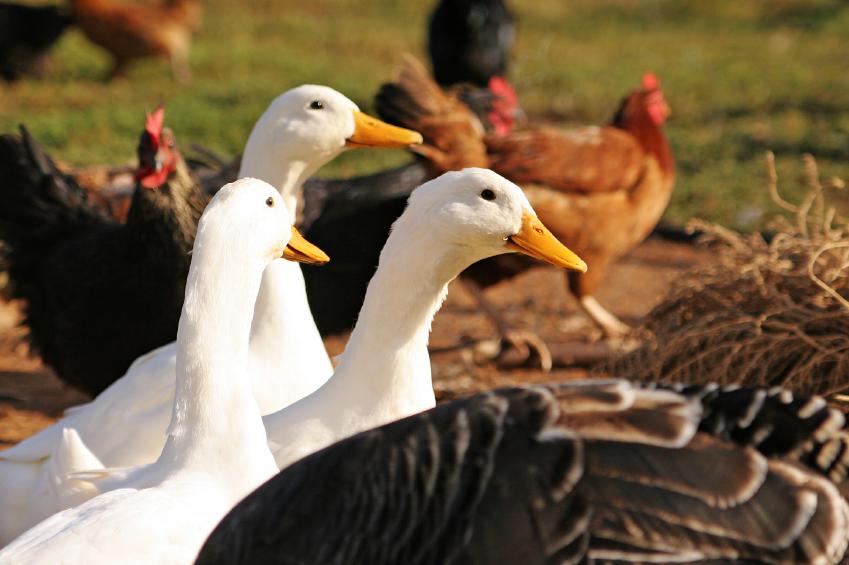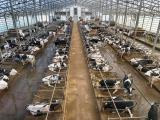A backyard flock of chickens and ducks in northeastern Kansas has been hit by highly pathogenic H5N2 avian influenza, making Kansas the fourth state in the central United States, after Minnesota, Missouri, and Arkansas, to confront the virus.
The US Department of Agriculture (USDA) announced on Mar 13 the outbreak in Leavenworth County, Kan., which is part of the Kansas City metropolitan area. The Kansas Department of Agriculture (KDA) said today that the flock was destroyed on Mar 14 to prevent any further spread of the virus.
Increased deaths in the backyard flock led to testing of the birds, the USDA's Animal and Plant Health Inspection Service (APHIS) said in a statement, which did not specify the size of the flock. Testing was done by the National Veterinary Services Laboratory in Ames, Iowa.
The KDA said it has established a control zone around the outbreak site and is working to locate other backyard poultry flocks in the zone. The agency did not say whether the area contains any commercial poultry farms.
Fifth incident in central US
The Kansas outbreak is the fifth H5N2 incident reported in the central part of the country this month. The virus was reported on a Minnesota turkey farm on Mar 5, and outbreaks on two widely separated Missouri turkey farms were announced Mar 8 and 9. Then on Mar 11 came the news of an infected turkey farm in northwestern Arkansas.
These outbreaks were preceded by H5N2 outbreaks on several commercial poultry farms in southern British Columbia in November and December 2014. Subsequently the virus was found in some wild birds and backyard flocks in Washington, Oregon, and Idaho. How it moved from those states to the central United States is a mystery.
The USDA described the Kansas event as the first H5N2 outbreak in the Central flyway for migratory birds, which essentially encompasses the Great Plains. The Minnesota, Missouri, and Arkansas are part of the Mississippi flyway.
Wild birds are suspected to have brought the virus to the central part of the United States, but some experts have questioned that view, saying migratory birds would be unlikely to carry the virus from the Pacific Northwest to the Midwest or from south to north in late winter.
No H5N2 infections have been reported in humans, officials noted.
The USDA said it would inform the World Organization for Animal Health of the Kansas outbreak. Dozens of countries have banned poultry imports from the states hit by the recent outbreaks.
See also:
Mar 13 USDA statement
Mar 16 KDA statement






















